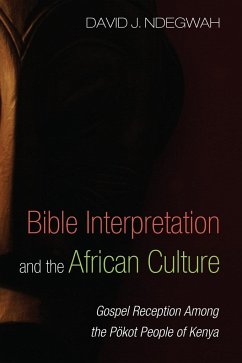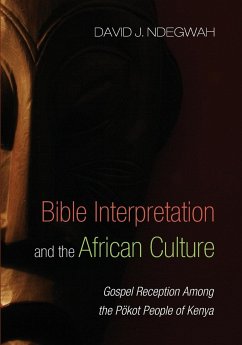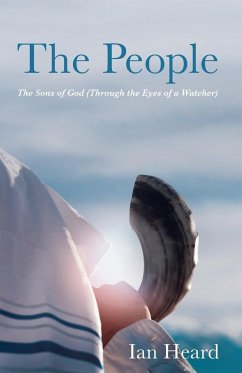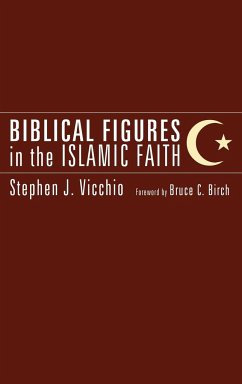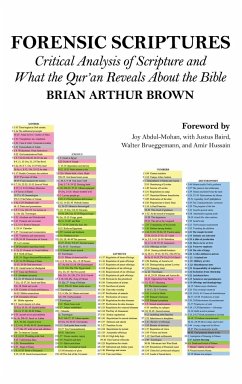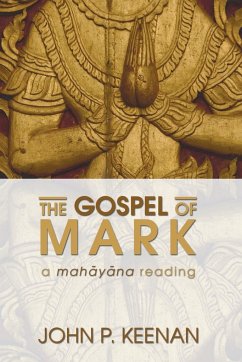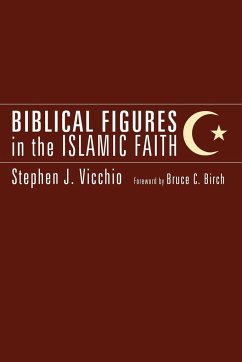This book can be summarized in one sentence: that culture plays a determinant role in the way people perceive, interpret, and, therefore, respond to reality around them--ideas, events, people, and literature, including sacred literature. Thus, when people encounter new reality they perceive and conceptualize it in accordance with their worldview, which is shaped by their culture that is modeled to suit various geographical locations. In order to understand why people around the world behave and act as they do--they choose certain words in what they say and do certain things rather than others--it is important to understand and appreciate this fact. Failure to do so would make it very difficult to engage in any dealings with them, secular or religious, like doing business or evangelization. This is what happened to the Pokot people whose worldview is predominantly communitarian, and yet they were introduced to hermeneutics that are predominantly individualistic, which is at loggerheads with their communal aspirations. The manifestation of this reality is the interpretation of the Good Shepherd parable in the Gospel of John, which the Pokot have understood and contextualized in line with their worldview, against the intentions, goals, and disposition of their evangelizers.
Hinweis: Dieser Artikel kann nur an eine deutsche Lieferadresse ausgeliefert werden.
Hinweis: Dieser Artikel kann nur an eine deutsche Lieferadresse ausgeliefert werden.

